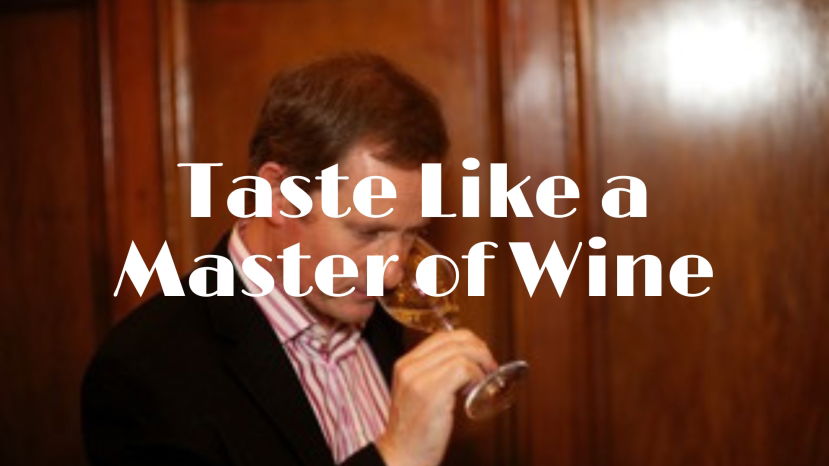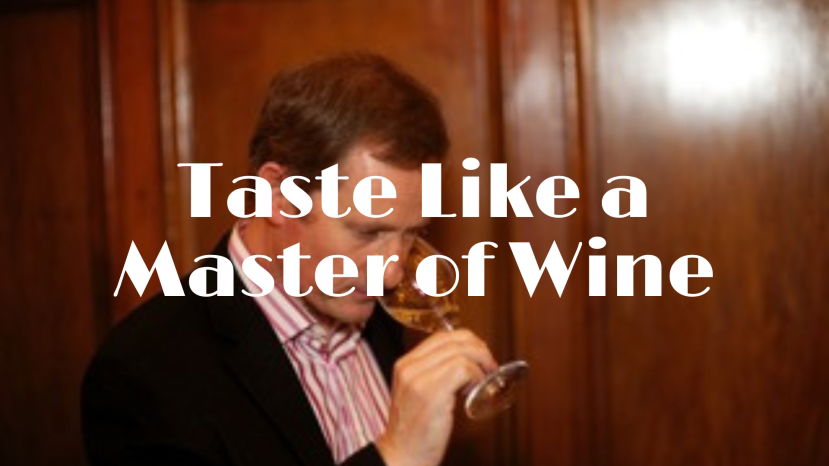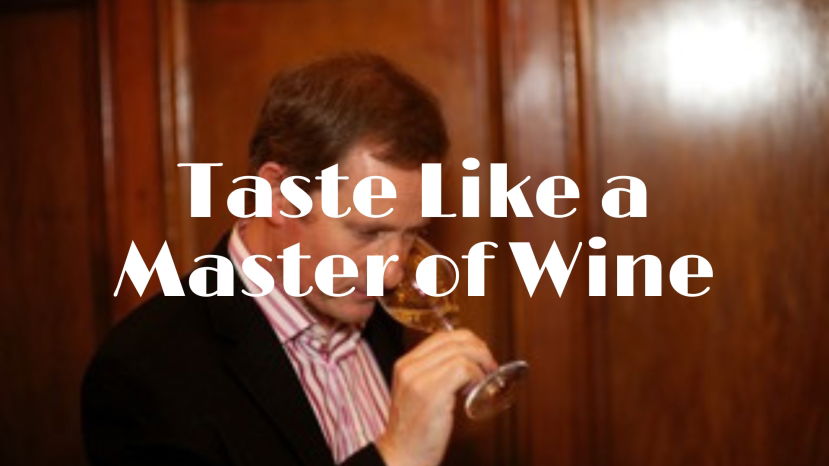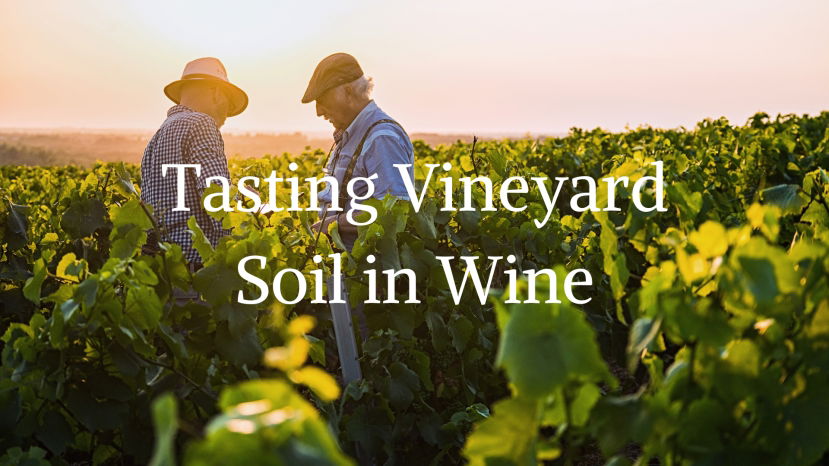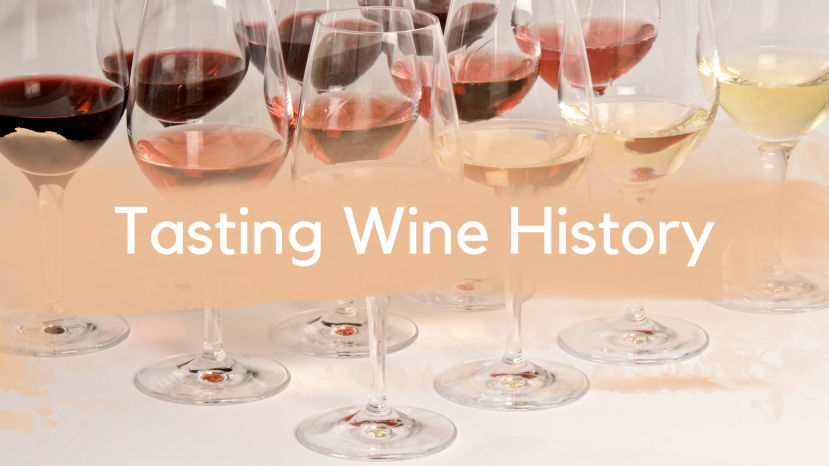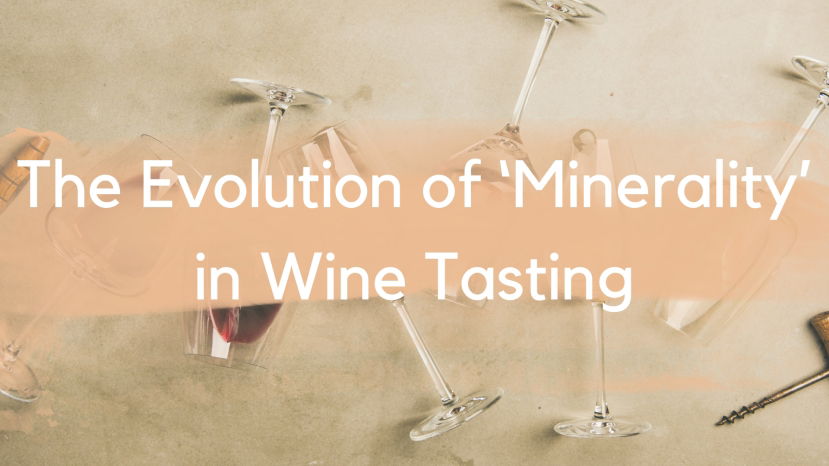BLOG
tasting techniques
Summary: Following on from the Taste like a Master of Wine session in May this will be another chance to test your tasting skills using an MW style approach. A quick recap on how to taste in an MW way will be followed by a tasting of two wines which will be used to answer an exam-style practical question. No preparation is needed, the session is open to all. Just turn up with an open
Summary: A session aimed at those who are curious about what tasting like a Master of Wine actually involves. How does it differ from other established methods and can anybody do it? We will look at how to build on your existing wine-tasting knowledge and try two wines during the session to illustrate the approach. Don’t feel you need to be an MW student to register for this webinar, it is aimed at all levels! Matthew will be tasting two wines during the seminar
Summary: The third in our series of tastings like a Master of Wine. This session follows on from the previous two episodes of WSG Live : Taste Wine like an MW I, Taste Wine Like an MW II. No problem if you missed those, there will be a short recap on how
Summary: Why do we think that the vineyard soil is so important for the taste of wine? The rocks and soils in the vineyard certainly affect how vines grow but these days they pervade writings on wine flavor; some commentators believe they are the overriding contributor to taste. There are restaurant wine lists organized not by grape variety, region or style but by geology: granite wines,
Summary: This webinar will explore wine throughout the ages: what it meant to people, what viticulture and winemaking techniques they used, and what it tasted like. Students will learn about the development of wine styles throughout history and discover contemporary wines which employ ancient techniques. By understanding the historical context of various historic winemaking methods, students can imagine what people throughout history might have tasted and how they might have
Summary: This seminar explores the history, evolution and application of ‘minerality’ in wine tasting notes. In the rich lexicon of wine terms that have developed in the modern era, few have proved more important, and more divisive, than this one. Justin conducted a content analysis of more than 20,000 tasting notes published in the UK’s Decantermagazine from 1976-2019, to chart for the first time the possible origins of the term, how and when

